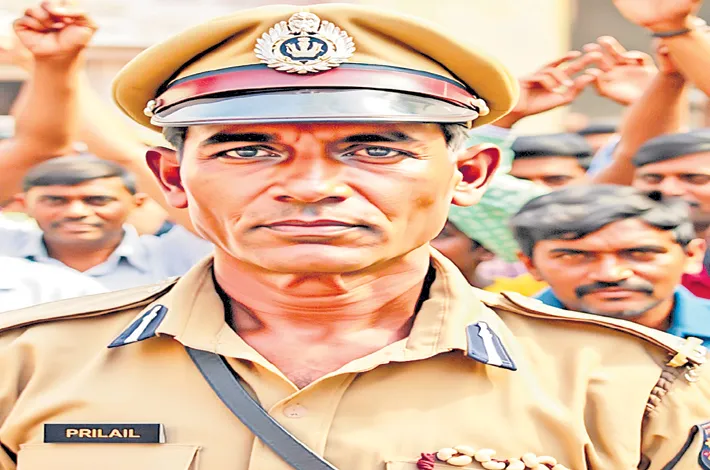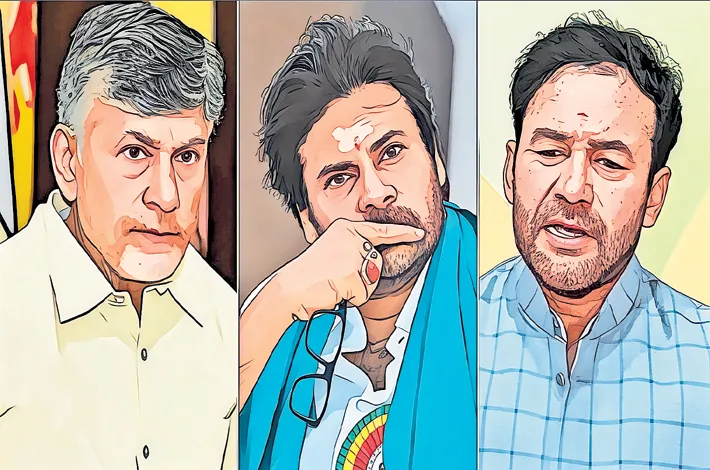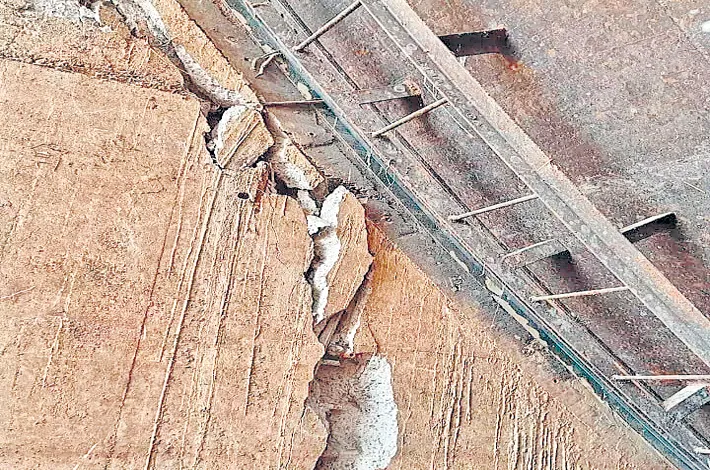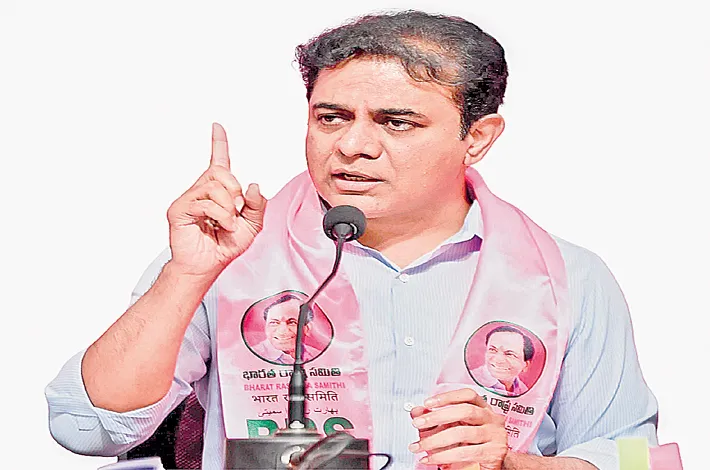The Vetapalem Cashew Cache
24-07-2025 12:00:00 AM

The coastal breeze carried the salty tang of the Bay of Bengal through Vetapalem, a quiet town in Andhra Pradesh where cashew groves stretched like green oceans. Inspector Anil Kumar, a wiry man with a sharp gaze and a penchant for filter coffee, sat at his desk in the local police station, sifting through complaints about petty thefts and land disputes. It was October 2025, and the harvest season had brought a restless hum to the town. Cashew nuts, Vetapalem’s pride, were at the heart of its economy—and, as Anil was about to discover, its darkest secrets.
The case began with a tip. A nervous trader, Venkatesh, slipped into the station late one evening, his eyes darting like a cornered animal. “Sir, something’s not right,” he whispered, wiping sweat from his brow despite the cool night. “The cashew market… it’s rigged. Someone’s hoarding massive stocks, driving up prices. Small farmers are getting crushed.” Anil leaned forward, intrigued. Venkatesh claimed a syndicate was operating out of Vetapalem, stockpiling cashews in secret warehouses, manipulating the market, and strong-arming farmers into selling at dirt-cheap rates. He had no proof, only rumors—and a name: Raghav Rao.
Rao was a local legend, a cashew baron who’d risen from a small-time trader to a kingpin with a sprawling estate on the town’s outskirts. His charm and philanthropy—sponsoring temple festivals, funding school uniforms—made him untouchable. But Anil, who trusted his gut over gossip, sensed the man’s benevolence was a mask. He decided to dig.
The next morning, Anil drove his battered jeep to the cashew market, a chaotic sprawl of stalls and sacks bursting with golden nuts. Traders haggled under tarpaulin shades, their voices drowned by the clatter of weighing scales. Anil’s questions about hoarding were met with tight lips and averted eyes. One vendor, an old man with a weathered face, muttered, “Check the warehouses near the old railway yard. But be careful, sir. Rao’s men are everywhere.”
That night, Anil recruited Constable Lakshmi, a sharp rookie with a knack for blending in. Under the guise of a routine patrol, they staked out the abandoned railway yard, a maze of rusted tracks and crumbling sheds on the town’s edge. At midnight, a truck rumbled in, its headlights slicing through the darkness. Two men unloaded crates into a shed, their movements swift and practiced. Anil’s pulse quickened. He signaled Lakshmi to stay low as they crept closer, the air thick with the nutty scent of cashews.
Inside the shed, they found stacks of crates labeled as “export quality” but stamped with fake company logos. Anil pried one open, revealing premium cashews—far more than any local trader could afford to hoard. As they photographed the evidence, a flashlight beam pinned them. “Who’s there?” a voice growled. Anil grabbed Lakshmi’s arm, and they bolted, weaving through the yard as footsteps pounded behind. They escaped, but not before Anil glimpsed a familiar face among the pursuers: Suresh, Rao’s right-hand man.
Back at the station, Anil pieced together the operation. Rao was cornering the cashew market, buying cheap from desperate farmers, hoarding the nuts, and selling at inflated prices to exporters. The syndicate’s muscle ensured compliance, and fake export labels masked the black-market dealings. But Anil needed hard proof to bring Rao down—something that would hold in court.
He turned to Venkatesh, who reluctantly agreed to wear a wire. Posing as a buyer, Venkatesh met Suresh at a tea stall near the beach. Anil and Lakshmi listened from a van parked nearby, the static crackle of the wire mixing with the crash of waves. Suresh bragged about the operation, naming Rao as the mastermind and mentioning a ledger hidden in Rao’s estate that detailed every transaction. “No one crosses Rao,” Suresh sneered. “Not farmers, not cops.” Venkatesh played his part well, but as he left, Anil noticed a shadow trailing him. He radioed for backup, but it was too late—Venkatesh was found the next morning, slumped in an alley, his throat slit.
The murder lit a fire under Anil. He knew raiding Rao’s estate without a warrant was risky, but time was slipping away. With Lakshmi and a small team, he infiltrated the estate under cover of darkness, scaling the walls of the sprawling compound. Inside, they found the ledger in a locked study, its pages listing farmers coerced, payoffs to officials, and millions in black-market profits. But as they slipped out, an alarm blared. Rao’s guards swarmed, and a chase erupted through the cashew groves. Anil clutched the ledger, dodging gunfire, while Lakshmi radioed for reinforcements.
They reached the jeep just as Rao himself appeared, his calm demeanor chilling. “You think you can stop this, Inspector?” he taunted. “This town runs on my nuts.” Anil didn’t flinch. “Not anymore,” he shot back, flooring the gas as police sirens wailed in the distance.
The ledger cracked the case wide open. Rao was arrested, his syndicate dismantled, and the hoarded cashews seized, stabilizing the market. Farmers cheered Anil as a hero, but he felt no triumph—Venkatesh’s death weighed heavy. As he sipped coffee at his desk, the breeze carried the scent of cashews, a reminder that in Vetapalem, greed could grow as thick as the groves.








